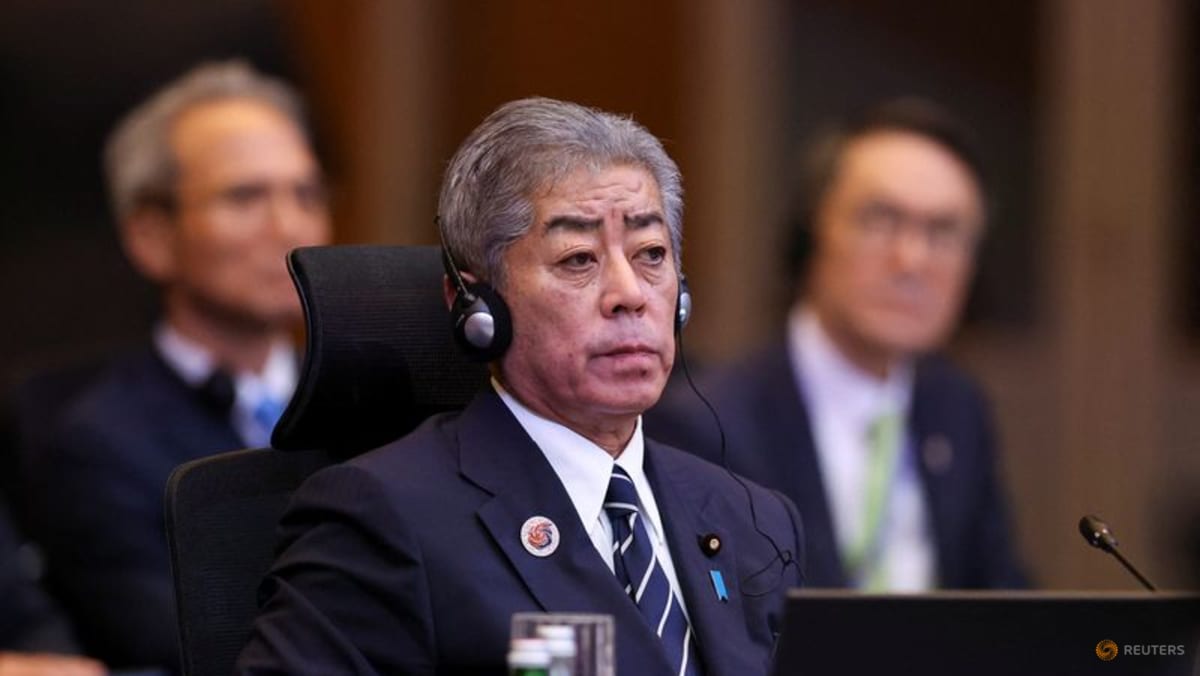RESTRICTIVE IMMIGRATION POLICIES AND GEOPOLITICAL TENSIONS
First, the shift towards more restrictive immigration stances in the “big four” study destinations (Australia, Canada, the UK and the US) is making them less attractive to Chinese students. This shift is evident in new initiatives such as capping international student numbers, increasing visa costs, imposing stricter student dependent rules, and limiting access to post-study work visas.
This situation is exacerbated by funding cuts in these countries’ higher education sectors, which reduce their attractiveness to international students through fewer scholarships, and a less vibrant research and study environment. The rise of Sinophobia in some of these destination countries, especially during and after the COVID-19 pandemic, has also led to safety and security concerns on the part of prospective Chinese students and their families.
Second, the current geopolitical climate, with rising China-US tensions and worsening bilateral relations between China and some traditional study destinations, has contributed to declining Chinese student mobility to these countries.
In the US, it has been observed that universities have become extensions of political power. Indeed, Proclamation 10043 (Proclamation on the Suspension of Entry as Non-immigrants of Certain Students and Researchers from the People’s Republic of China), signed by US President Donald Trump in May 2020, suspended and limited the entry of Chinese students associated with China’s military and high-tech agenda.
In 2023, the US rejected a record high of 36 per cent of Chinese student visa applications. Chinese student enrolment in US higher education institutions dropped 25 per cent from 372,532 in 2019/20 to 277,398 in 2023/24.
US allies such as Australia and Canada also have imposed restrictions on visa applications from Chinese students, especially those intending to undertake studies in “sensitive” fields in advanced science and technology. While Chinese students and researchers were previously viewed as welcome talents, they are now increasingly perceived as potential threats to these countries’ military and intellectual security.
Overall, the above factors have made Australia, Canada, the UK and the US less attractive, even hostile, environments for Chinese students, especially those planning post-study employment and settlement in these countries.














